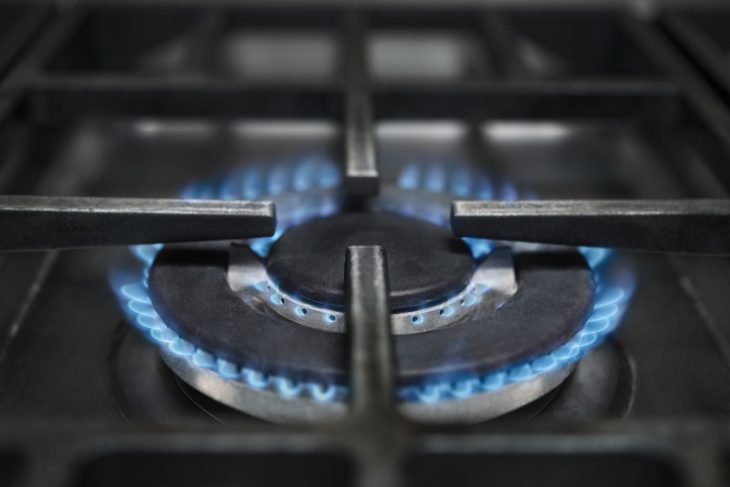The Ministers of Energy from the European Union had, during the meeting in Brussels, an exchange of views on the topic of security in energy supply and preparations for the winter of 2024-2025.
Also, according to a press release from the Ministry of Energy, the ministers reached a political agreement on the European Commission’s proposal for a Council recommendation to continue measures to voluntarily reduce the consumption of natural gas in the EU for another 12 months.
”We are talking about a recommendation, not an obligation, in the same context of the need of other European states to reduce their dependence on Russian gas. I argued before the Council of Ministers that Romania does not anticipate reducing gas consumption, relying on its coverage from sources own production facilities, even more so from 2027, after Neptun Deep goes into production, which will make our country the first gas producer in the EU. Furthermore, I emphasized that, on the contrary, we anticipate an increase in gas consumption in Romania , both by restarting the chemical fertilizer industry and by expanding gas distribution networks to the population through the Anghel Saligny program,” said the Minister of Energy, Sebastian Burduja, quoted by Agerpres.
The discussion agenda also included the analysis of potential solutions to increase flexibility in energy systems, as a tool for the energy transition, and an exchange of views with the EU solar panel manufacturing industry in order to increase its competitiveness at global level. The Ukrainian Minister of Energy, German Galuschenko, informed the ministers about the situation of energy security in Ukraine and the state of the energy system. The European Commission reaffirmed its support for the energy integration of Ukraine and the Republic of Moldova with the European energy system.
On the sidelines of the meeting, there was also a coordination meeting with the states of the Nuclear Alliance, on which occasion a declaration was adopted regarding the recognition of the role of nuclear energy in decarbonization and the analysis of EU financing instruments that could be used or reconfigured to allow the acceleration nuclear projects (large capacities but also small modular reactors).
The European Commission informed the energy ministers on the progress made by the member states in achieving the climate objectives for the year 2030, with an emphasis on updating the national energy-climate plans.
The representatives of the member states gathered in the Council indicated their support for the continuation of efforts to diversify natural gas supply sources, by reducing dependence on Russia (in line with the objectives of the REPowerEU plan), making the transition to renewable and low-carbon energy, capitalizing on indigenous sources of natural gas, investments in natural gas and energy infrastructure, implementation of innovative solutions such as batteries, storage, hydrogen.
”The Minister of Energy, Sebastian Burduja, presented elements related to the strategy of ensuring Romania’s security of supply, with an emphasis on indigenous sources in a technologically neutral manner, the role of natural gas as a transitional fuel, the importance of maintaining the competitiveness of European industry and the need to strengthen the energy infrastructure with a critical role for energy security in the region, including for the Republic of Moldova. In this sense, national projects such as Neptun Deep, the Cernavodă and Doicesti nuclear projects, and the Tarnița – Lăpuşteşti pumped storage hydropower plant play an important role in national and regional energy stability, including from the perspective of decarbonization,” the release also states.
